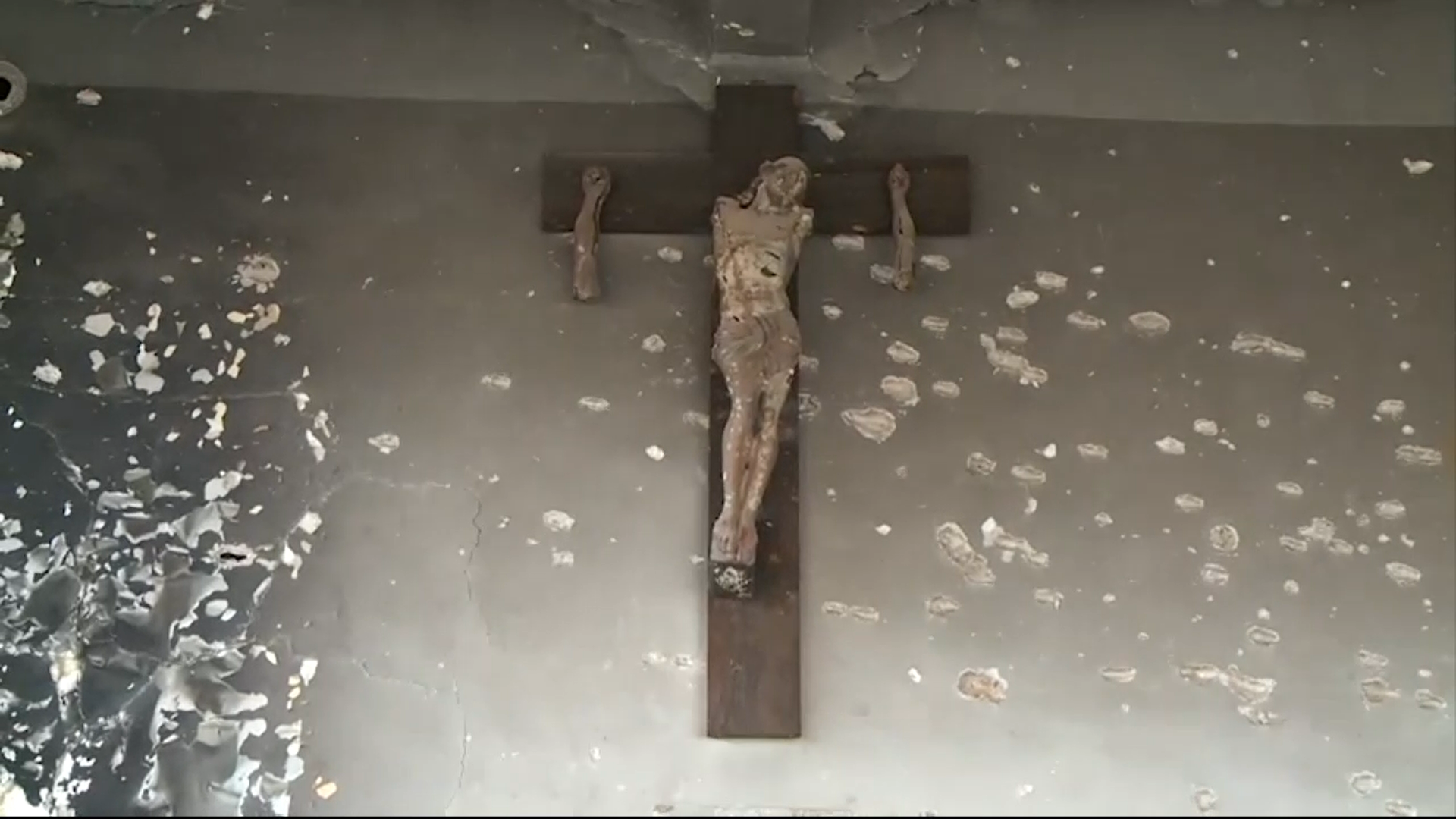
I gruppi ecumenici per la pace in Siria
Fin dall’apparire dei primi scontri interni, che sarebbero degenerati nella guerra civile, che ancora insanguina la Siria, la voce degli organismi ecumenici si è levata per condannare ogni forma di violenza, per invitare al dialogo per la pace nella giustizia, per attivare ogni forma di accoglienza nei confronti dei profughi e per promuovere dei progetti di solidarietà in Siria e per la Siria. Come è stato detto, e ripetuto tante volte, soprattutto in questi ultimi anni, grazie alle parole e ai gesti di papa Francesco, l’impegno ecumenico aiuta i cristiani a parlare con una voce, chiedendo di mettere fine alla guerra per iniziare un cammino di riconciliazione delle memorie e di ricostruzione materiale della Siria, con la speranza di poter sanare, lentamente, le terribili ferite nei cuori e negli occhi di coloro che hanno subito il dolore della guerra.
Questa tensione ecumenica per la Siria ha dato origine a iniziative e progetti con i quali i cristiani hanno voluto offrire il loro personale contributo, cercando di mantenere viva l’attenzione per il paese che porta con sé la tradizione viva delle origini del cristianesimo, che hanno saputo convivere, per secoli, non sempre in maniera pacifica, con le tensioni tra cristiani e con l’islam. Certo, come è stato osservato, la tensione ecumenica non ha prodotto, di fatto, la cessazione della guerra civile, nonostante i numerosi appelli, ma non è mai venuta meno, neanche nel tempo di pandemia, questa tensione ecumenica.
Tra le iniziative dei mesi scorsi, se ne può citare almeno due, esemplari di come, nel mondo, i cristiani vogliano essere presenti in Siria e alla Siria, con uno spirito di condivisione che va oltre i confini confessionali e religiosi: in Scozia, in occasione del 10° anniversario della guerra civile, il 15 marzo, diversi organismi ecumenici (Scottish Faiths Action for Refugees, Edinburgh City Mission e Mustard Seed Edinburgh) hanno organizzato una veglia, in modalità webinar, per testimoniare pubblicamente la solidarietà dei cristiani nei confronti dei siriani e per riaffermare l’impegno per l’accoglienza dei rifugiati in Scozia come negli altri Paesi europei. La veglia è stato un tempo di preghiera, nel quale sono state condivise esperienze di guerre e di solidarietà, con un continuo richiamo alla necessità di ascoltare la Parola di Dio per farsi promotori di giustizia e costruttori di pace.
Di qualche settimana precedente è l’iniziativa voluta dal Consiglio Nazionale delle Chiese in Australia, del quale fa parte anche la Chiesa Cattolica, per un tempo di preghiera interamente dedicato alla pace in Siria: si tratta di un tempo all’interno di un calendario di preghiere ecumeniche, che percorre tutto l’anno solare, con il quale il Consiglio vuole ricordare ai cristiani, non solo a quelli che vivono in Australia, di come la preghiera è la forma privilegiata per vivere la comunione, chiedendo al Signore di intervenire là dove, come in Siria, le speranze degli uomini e delle donne sembrano essersi inaridite.
Insieme alle iniziative e ai progetti ecumenici, che talvolta hanno assunto anche una dimensione interreligiosa, si deve ricordare l’attenzione quotidiana del Consiglio delle Chiese del Medio Oriente che è nato nel 1974 per essere “ponte” grazie al concorso delle tre famiglie di Chiese (Ortodosse, orientali ed evangeliche), alle quali nel 1990 si è unita anche la famiglia delle Chiese cattoliche. Qualche giorno fa il Consiglio ha annunciato che sono in corso i lavori di restauro di una a scuola a Aleppo, un piccolo segno di grande valore simbolico, anche perché si tratta di una scuola, fondata nel 1947, per raccogliere i figli degli armeni della diaspora. Nel corso degli anni questa scuola è diventata un luogo di eccellenza educativa, nel quale cristiani e musulmani hanno condiviso dei percorsi formativi, nei quali centrali erano i valori; tutto questo, a cominciare dai locali, anche quelli più antichi, sono stati spazzati via dalla guerra civile, che ha investito anche Aleppo. Questi lavori di restauro, che il Consiglio ha potuto attivare anche con il ricorso a risorse raccolte in Europa proprio per questo scopo, fa parte del più ampio progetto pensato dal Consiglio delle Chiese del Medio Oriente per riaprire le scuole così da dare una casa e una speranza a tanti giovani in modo da sconfiggere la tentazione di questi giovani che solo fuori dalla Siria ci possa essere un domani per loro.
Questi progetti, come altri, tra i quali quelli promossi dal Consiglio Ecumenico delle Chiese, tanto più in un tempo di pandemia, dove sofferenze e discriminazione sono cresciute di numero e di ampiezza, sono dei segni concreti di come il cammino ecumenico si sia fatto carico delle angosce e del dolore della Siria per dare a uomini e donne della Siria, a prescindere dalla loro appartenenza religiosa, una gioia per oggi e una speranza per il domani.
Riccardo Burigana
